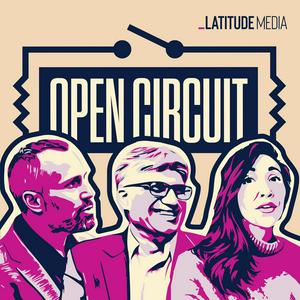2026 could be the year of the mega-IPO, with OpenAI, SpaceX, and Anthropic all rumored to be eyeing public markets. But for energy nerds and hot-rock lovers, there’s another IPO to watch: Fervo Energy.
With Fervo preparing for a long-anticipated IPO, the geothermal sector is heading into a moment of price discovery. It’s a test of whether next-generation geothermal has finally crossed a new commercialization threshold and becoming bankable, repeatable infrastructure.
Over the past few years, over a billion dollars has flowed into geothermal startups, including Sage Geosystems, Zanskar, Quaise Energy, Eavor, XGS Energy, and Dandelion Energy. These companies are taking very different approaches — from enhanced geothermal systems and pressure-based designs to AI-driven exploration and ultra-deep drilling — but they’re all chasing the same prize: firm, clean power at scale.
Meanwhile, geothermal developers are signing contracts and partnerships with large tech companies looking to power future data centers. And the industry’s ties to oil and gas drilling have given it political durability under the Trump administration.
With this rare moment of alignment, can geothermal unlock a much larger pool of infrastructure capital?
Later in the show, we ask a different but related infrastructure question: what happens to the fossil fuel system as demand declines? We discuss new research looking at how unmanaged decline could lead to price shocks, reliability risks, and political backlash if replacement infrastructure isn’t ready in time.
Join Latitude Media on April 13-14, in San Francisco for Transition-AI 2026, a two-day, in-person conference on the digital and energy infrastructure buildout needed to support AI load growth. Our podcast listeners get a 10% discount on this year’s conference using the code PODS10. Register today here!
Explore the new era of AI innovation in the fifth season of Where the Internet Lives, an award-winning podcast from Google and Latitude Studios. Follow and listen to Where the Internet Lives on Apple, Spotify, Google, or wherever you get your podcasts.


